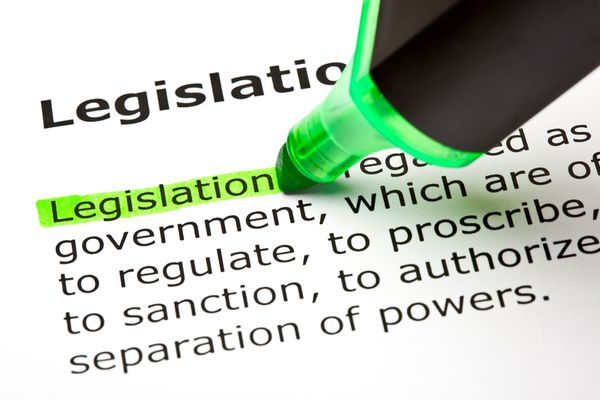When do award long service leave provisions trump local legislation?
By Charles Power
Under State and Territory legislation, long service leave is available to employees who have worked for the same employer for between 7 and 15 years (the exact period depends on which State or Territory legislation applies).
While there are no long service leave provisions in modern awards, there are in some pre-modernised awards, i.e. awards that existed before being replaced by modern awards on or after 1 January 2010.
So what happens if your employees are covered by an award that provides for long service leave? Will the award provisions or those in State or Territory legislation apply?
The Fair Work Act 2009 (Cth) provides for circumstances in which awards can override State and Territory long service leave legislation. This very issue was considered in a recent case.
Case study
The Fair Work Act provides that where there are “applicable award-derived long service leave terms” in relation to an employee, the employee may be entitled to long service leave in accordance with those terms instead of the long service leave provisions made by the legislation in their State or Territory.
In Maughan Thiem Auto Sales Pty Ltd v Cooper (2014), which we considered last week in relation to leave and redundancy pay, the court considered this issue for a motor mechanic in South Australia. The employee’s employment ended within 10 years and his final payment did not include a long service leave payment.
South Australian legislation provides for a pro rata long service leave payment after 7 years’ service. By contrast, the award the employee was covered by – the Vehicle Manufacturing, Repair, Services and Retail Award 2010 – only provides for pro rata long service leave after 10 years’ service.
Under the FW Act, award-derived long service leave terms will override State or Territory legislation if the terms of the award applied to the employee immediately before the FW Act National Employment Standards commenced on 1 January 2010.
The employee argued that he was entitled to a pro rata long service leave payment under South Australian legislation, as the award did not give him any entitlement to long service leave as at 31 December 2009 because he had not then completed the requisite 10 years of service.
The court rejected this argument, ruling that for there to be “applicable award-derived long service leave terms” in relation to this employee, two conditions must be satisfied, namely:
- there must be an award that would have applied to the employee as at 31 December 2009 if, at that time, he had been in his current circumstances of employment i.e. in his last day of employment; and
- the terms of the award “would have entitled” the employee to long service leave. The court ruled this did not require the long service leave entitlement to have actually accrued. Rather, it only required the award provision to govern his long service leave entitlement.
Given the award provision did govern the employee’s long service leave entitlement at this time, the South Australian legislation did not apply.
Get the latest employment law news, legal updates, case law and practical advice from our experts sent straight to your inbox every week.

